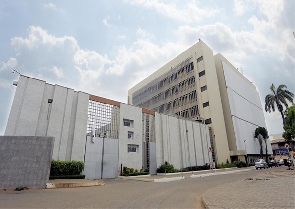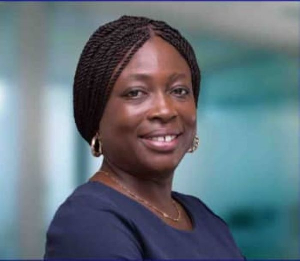Business News of Monday, 15 March 2021
Source: www.ghanaweb.com
Bank of Ghana’s MPC to commence second meeting for 2021
The Bank of Ghana, BoG’s Monetary Policy Committee (MPC) will commence its second meeting of the year from Wednesday, March 17 to Friday March 19, 2021.
The meeting will entail the initiation of proposals for the formulation of the policies of the central bank, provision of statistical data, advice and a review of economic developments for the country.
According to a circular issued on Monday, March 15, the central bank's MPC is expected to update the press on its decisions taken on Monday, March 22, 2021.
At the MPC’s last meeting in January 2021, the central bank maintained its monetary policy rate unchanged at 14.5 percent.
BoG governor, Dr Ernest Addison explained the decision was based on growth indicators rebounding and headline inflation returning to target in the second quarter of 2021.
“In the domestic economy, growth has picked up since the sharp contraction in the second quarter of 2020. All the high frequency indicators of economic activity have rebounded, consumer and business confidence levels are back at pre-lockdown levels, and there are indications of steady growth in private sector credit,” the governor said.
“However, the Central Bank projects headline inflation to return to target in the second quarter of 2021. Risks to inflation in the near-term are broadly contained, but short to medium-term risks emanating from the fiscal expansion and rising crude oil prices are emerging. Under the circumstances, and given the balance of risks to inflation and growth, the Committee decided to keep the policy rate at 14.5 percent,” he added.
Dr Addison however cautioned that a threat of a second wave of the coronavirus pandemic has heightened uncertainty and could hamper economic recovery process in the near term.
The policy rate is of key interest to businesses operating in the country as it influences the interest rate on loans and determines the rate at which the central bank lends to commercial banks.
See the circular below:
#MarchMPC2021 pic.twitter.com/9omWbAqwAP
— Bank of Ghana (@thebankofghana) March 15, 2021













